We can get fresh, locally-grown organic food to more people when more supermarkets and wholesalers get on board with the food movement. Can that really happen?
This project is an attempt to understand the largest players in the North Carolina food distribution system. This includes the supermarkets who sell billions of dollars worth of food each year and the wholesalers who sell to our local restaurants, schools and institutions. Are the big players using best practices to support local organic foods? Can they commit resources to be a part of the local food solution? What are they up to?
HOW WE GOT STARTED
This project began when we bought petite local carrots from the farmers market and gave them to our seven year old. He ate them like candy and asked for more. A few weeks later, unable to get to the Saturday market, we purchased baby carrots from the supermarket and gave those to our son. He spit them out in disgust. "These taste terrible," he said. (We tried them and frankly they were awful tasting.) "Why can't we get those other carrots?" Which leads to the obvious question: why can't we get those other carrots -- those tasty, local, organic carrots -- at the supermarket? For that matter, why can't we get all kinds of local produce which is growing here so plentifully? (On a typical Saturday you can find almost forty different varieties of produce at a good local farmers market.) And if we could find this at the grocery store, wouldn't we all eat more veggies and wouldn't our children eat healthier -- not to mention the benefits to local farmers and farmland?
So, we've been digging around and traveling around. And we've learned alot. To see what we've discovered so far and what we specifically want to see happen, check out our 2016 and 2018 reports, and explore the rest of the website.
Happy local eating!
++++++++++
This project is an attempt to understand the largest players in the North Carolina food distribution system. This includes the supermarkets who sell billions of dollars worth of food each year and the wholesalers who sell to our local restaurants, schools and institutions. Are the big players using best practices to support local organic foods? Can they commit resources to be a part of the local food solution? What are they up to?
HOW WE GOT STARTED
This project began when we bought petite local carrots from the farmers market and gave them to our seven year old. He ate them like candy and asked for more. A few weeks later, unable to get to the Saturday market, we purchased baby carrots from the supermarket and gave those to our son. He spit them out in disgust. "These taste terrible," he said. (We tried them and frankly they were awful tasting.) "Why can't we get those other carrots?" Which leads to the obvious question: why can't we get those other carrots -- those tasty, local, organic carrots -- at the supermarket? For that matter, why can't we get all kinds of local produce which is growing here so plentifully? (On a typical Saturday you can find almost forty different varieties of produce at a good local farmers market.) And if we could find this at the grocery store, wouldn't we all eat more veggies and wouldn't our children eat healthier -- not to mention the benefits to local farmers and farmland?
So, we've been digging around and traveling around. And we've learned alot. To see what we've discovered so far and what we specifically want to see happen, check out our 2016 and 2018 reports, and explore the rest of the website.
Happy local eating!
++++++++++
|
|
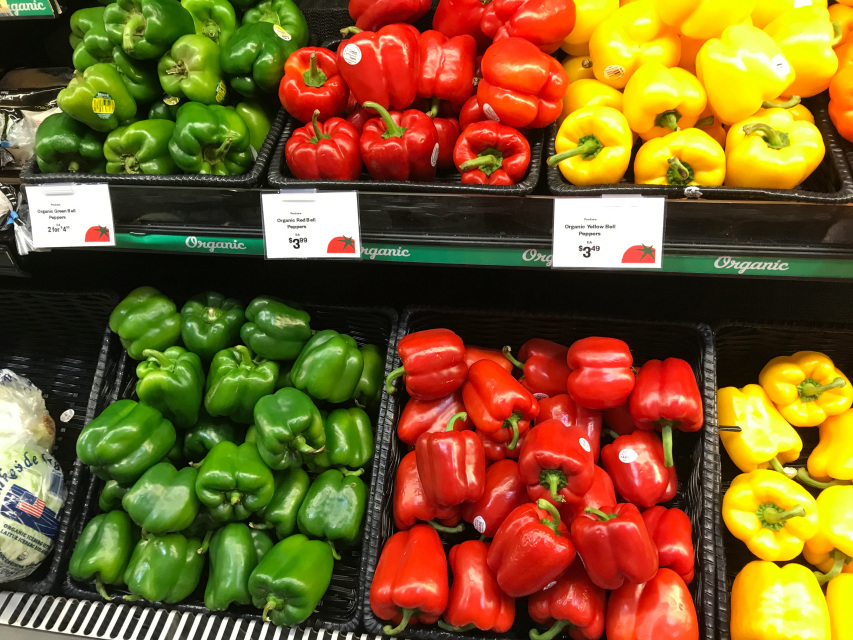
Patron of Local Organic Y'All
$500.00
$500.00
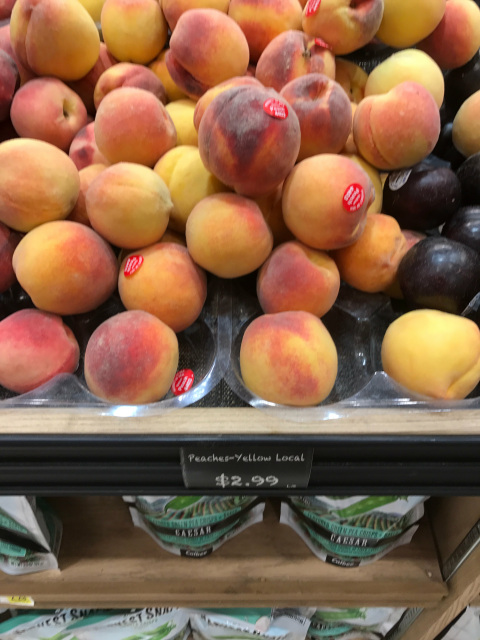
Benefactor of Local Organic Y'All
$100.00
$100.00
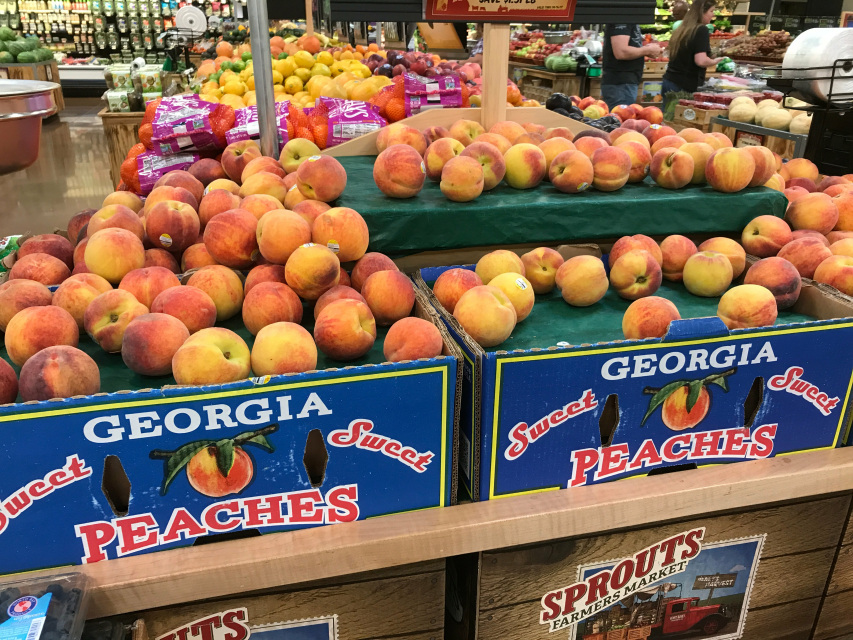
Ally of Local Organic Y'All
$50.00
$50.00
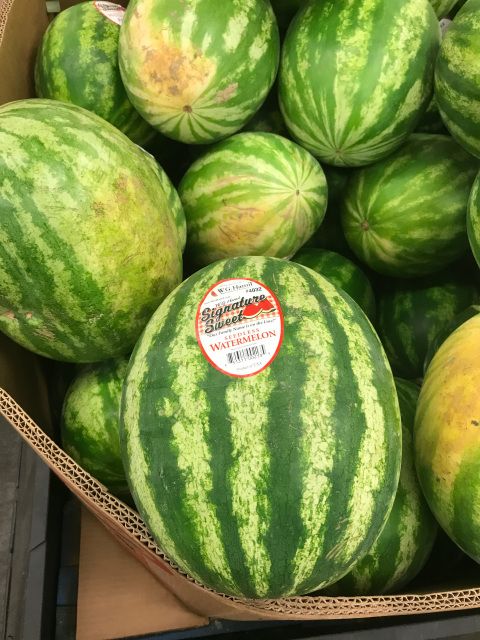
Supporter of Local Organic Y'All
$25.00
$25.00
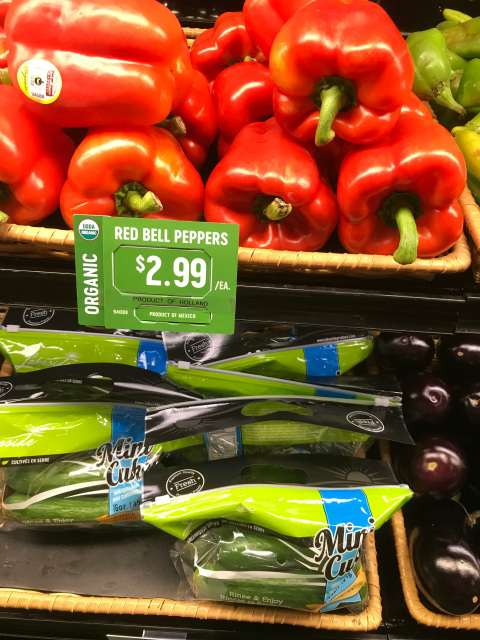
Friend of Local Organic Y'All
$10.00
$10.00